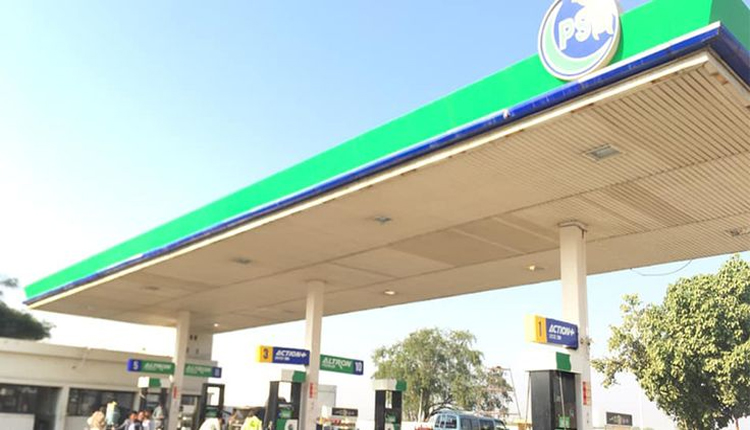Islamabad: Pakistan is facing yet another inflationary wave, as petroland high speed diesel (HSD) prices are expected to go up by 4-5 per litre in the next few days. Pakistani media reports said the increased prices were due to rising global oil prices and higher import premiums, which is a blow for consumers and will add to the economy’s inflationary pressure.
Across the world, petrol and HSD prices have hiked up $1.7 and $4.4 per barrel, the ministry said. The import premium for petrol also increased by $1 to $9.80 per barrel, while the import premium for HSD stood at $5 per barrel. Petrol and diesel prices are up over the last 31st October by 3.85 PKR and 1.35 PKR per litre as the Pakistani government had changed the prices in its favour just a few days ago. Now, petrol prices are expected to be increased by another 4 PKR per litre and HSD by 5 PKR per litre.
At current, the international price of petrol has hit $77.2 a barrel compared to $75.6 and HSD has become $88 a barrel from $83.6. The already stressed Pakistan’s household budgets of the middle and low income groups will be further affected by minor fluctuations in the exchange rate due to be traded in the rise in fuel import costs.
The ‘effect’ of this petrol price hike will be on people depending on private and petty vehicles, rickshaws and two wheelers and will fall directly on the middle to lower income groups. Meanwhile, HSD widely used in heavy transport vehicles, trains and agricultural machinery tends to be a set of factors that will push up vegetable prices and food costs in general, through increased transportation costs. High inflation is already weighing on the nation, and rising beyond that could make things worse as the price of essentials increases.
Monthly sales of petrol and HSD vary between 700,000 800,000 tonnes, while kerosene is sourced only by 10,000 tonnes a month, making both revenue generators for the Pakistani government. Rising prices will not just increase the public’s burden of the costs, but will also boost inflationary pressures throughout the economy, from agriculture to transport, to make market situation of the country becomes dull.
As inflation growing concerns, it is apparent that it could be felt by everyone in Pakistan and further voices would be heard to resolve the current cost of living crisis.



Comments are closed.